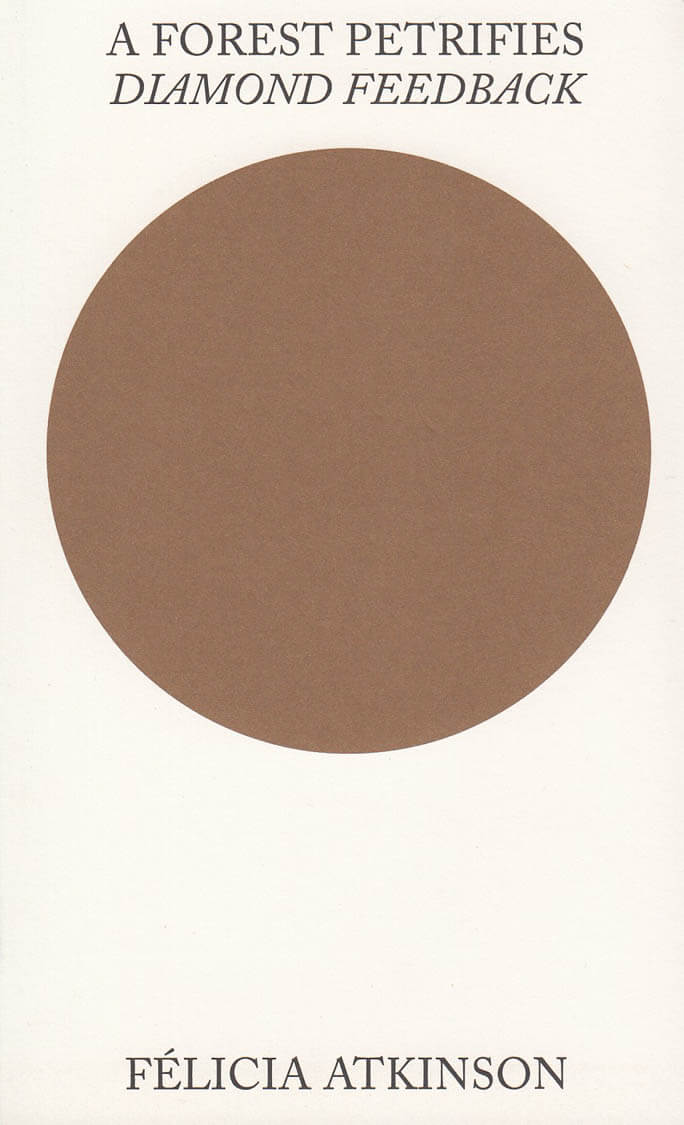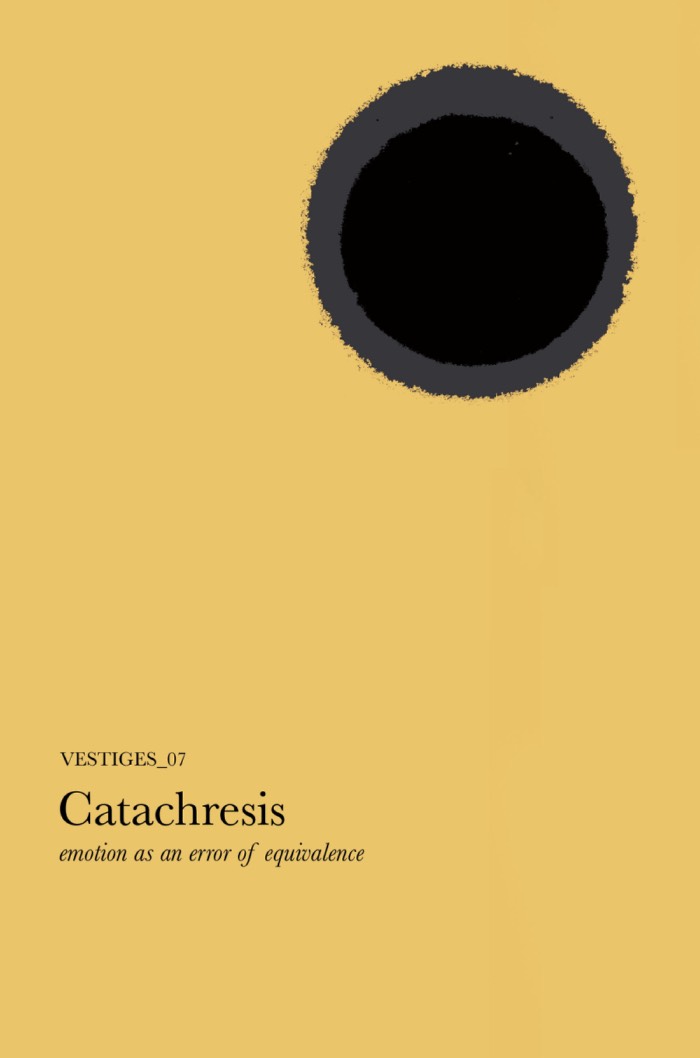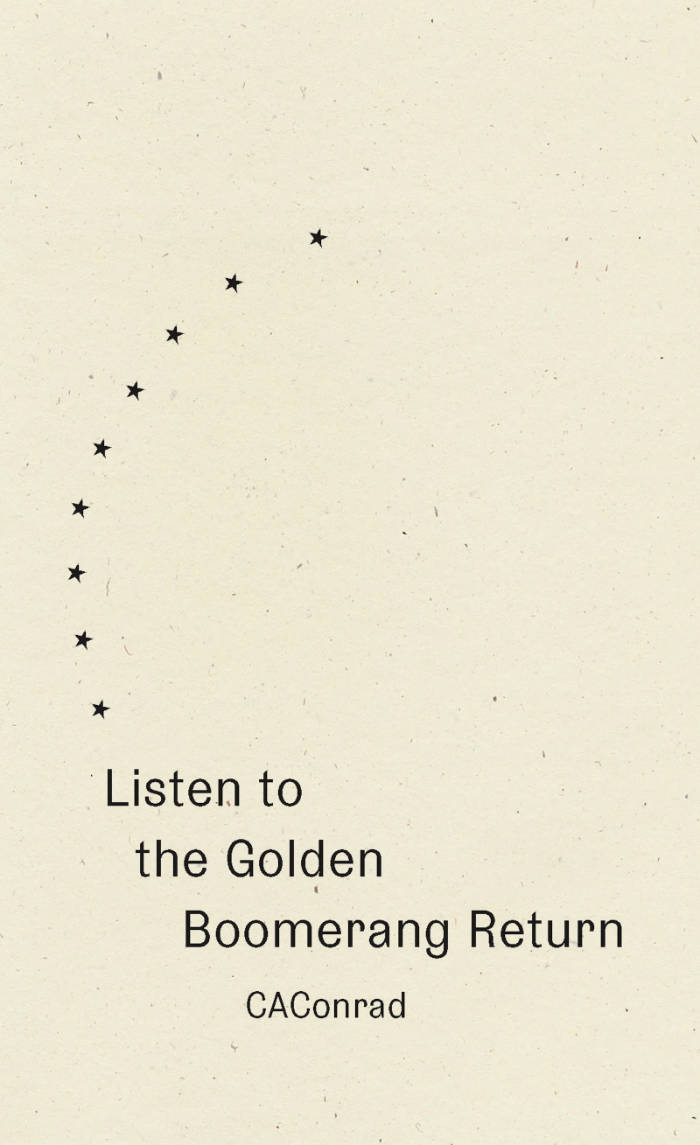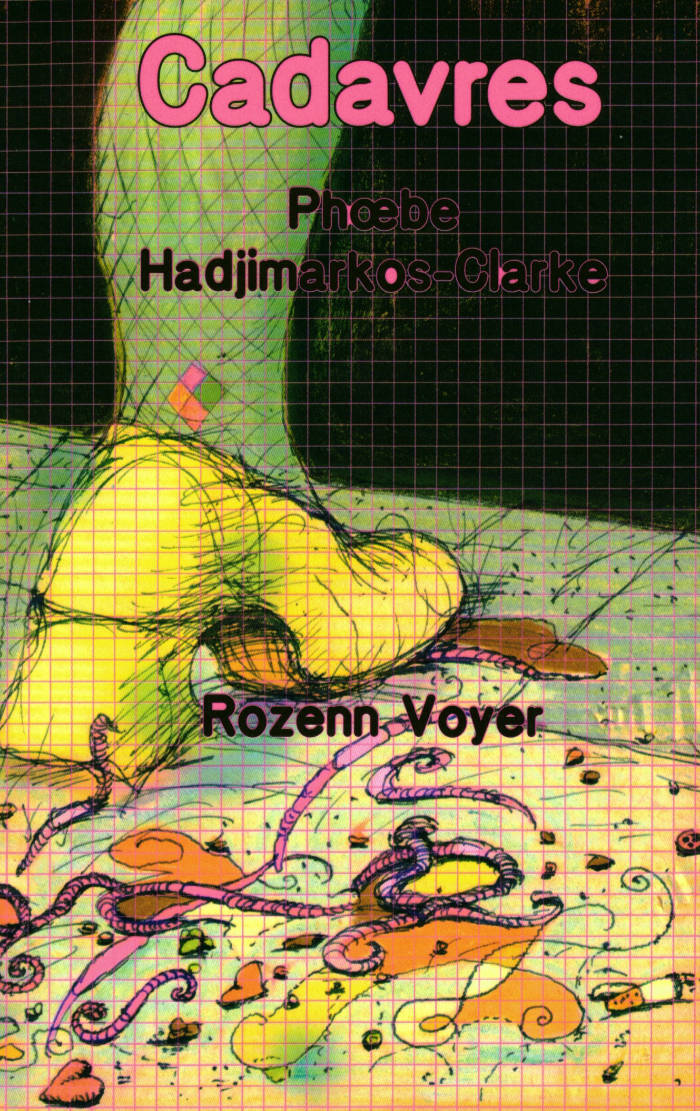
A Forest Petrifies – Diamond Feedback
The first part of a larger novel in several episodes: a text about the perception of time and how some places mark people's minds.
Inspired by the Petrified Forest in Arizona and its ability to change over time from an organic to a mineral state, the story was concieved by the musician and artist Félicia Atkisnon over the past five years, while its on-going writing has been the starting point of many of Atkinson's music lyrics and recent records and exhibitions.
A part of the book takes place in the middle of the desert in an indistinct future. Two men are having a discussion by a fire in a modernist house. The music they are listening to is not emitted by a device but by themselves, it's a new kind of technology. They look at the embers of the fire and it reminds them of a painting by Jeronemus Bosch. They suddenly wonder if those embers could be a republic of some kind.
A Forest Petrifies is a novel about the perception of time and how some places mark people's minds.
Félicia Atkinson (born 1981 in Paris, lives and works in Brussels) is graduated with Honors from l'Ecole Nationale Supérieure des Beaux-Arts de Paris and studied also anthropology and contemporary dance. She is a sound and visual artist, an experimental musician and the co-publisher of the independent imprint Shelter Press. Her paintings, drawings, sculptures and musical compositions are mostly abstract. Her work takes its sources from the American tradition of painting (Morris Louis, Cy Twombly, Richard Tuttle) and from avant-gardes figures who worked on chance and randomness (Fluxus, John Cage, La Monte Young...) as much as feminist figures in music and art.
Language: English






